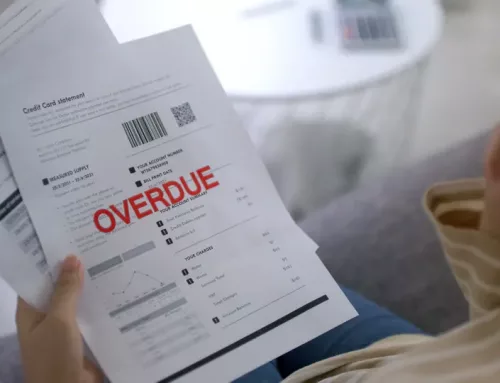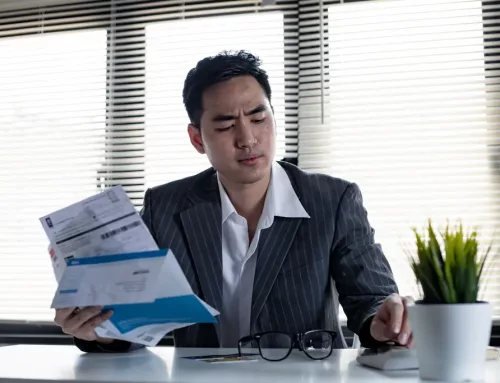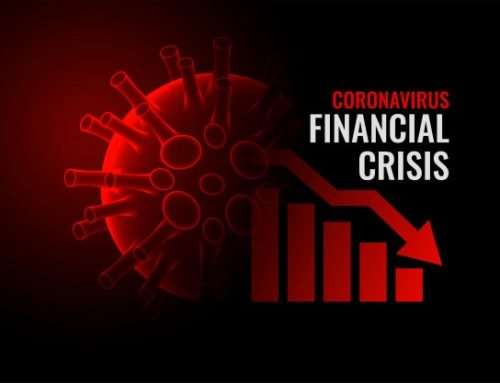For debtors currently experiencing financial hardships that make it impossible to repay loans, filing for bankruptcy serves as a viable option. While there are different types of bankruptcies you can file for, choosing Chapter 7 gives you the best opportunity to have your debts discharged, as long as you meet the qualifications set by bankruptcy laws. Here are four reasons to file a bankruptcy case under Chapter 7.
Reasons to Choose Chapter 7 Bankruptcy
- Get immediate debt relief. Within three months of filing bankruptcy, a debtor may expect to receive the bankruptcy discharge notice from the court. You will be debt-free and all personal liabilities will also be eliminated. However, to be eligible for discharge, debtors will have to place their assets and properties in a bankruptcy estate which will then be managed by a trustee appointed by the bankruptcy judge. The trustee shall then sell or auction your property to wipe out unsecured loans. In contrast, if you have filed for Chapter 13 bankruptcy, debts will still have to be repaid in monthly installments spread out in three to five years under a court-approved repayment plan.
- Pay only those debts exempt from discharge. While some debts are discharged by the court, debtors are still liable to pay for debts listed under the exemptions for discharge. In a personal bankruptcy case, these nondischargeable debts include child support payments, student loans (if the court finds that repayment will not lead to undue hardship), alimony, debt payments due to personal injury cases or DUIs, mortgages, property and tax liens, or retirement plans, among others.
- Prevent future income from being seized. If you acquire new properties after filing bankruptcy, you can rest assured that these will be exempted from the bankruptcy estate. However, if you acquired life insurance, death benefit, divorce settlement, or inheritance within 180 days after you filed bankruptcy, then these properties may be used as payments for your loans.
- Have no limitations for secured and unsecured claims. There is no ceiling placed on the amount of debt you may file for under chapter 7 bankruptcies, unlike in a Chapter 13 bankruptcy. Aside from having no limits, you no longer have to worry about repayment plans as you will not have to pay for dischargeable debts.
Who Can Benefit from A Chapter 7 Bankruptcy
 All bankruptcy filers will first need to take a means test to see if they qualify for a Chapter 7. Eligible borrowers filing a Chapter 7 bankruptcy are usually individuals who are financially incapable of paying their lenders.
All bankruptcy filers will first need to take a means test to see if they qualify for a Chapter 7. Eligible borrowers filing a Chapter 7 bankruptcy are usually individuals who are financially incapable of paying their lenders.
If you meet the eligibility requirements for filing, then you may start the bankruptcy process by submitting your petition. Under this step, you will have to accomplish certain paperwork that will include your personal information, financial records, creditor claims, and list of properties owned. Next, you must attend credit counseling. In the course of your case, you will be meeting with your creditors until the court releases the bankruptcy discharge notice. This document will be the final judgment on your case and will indicate which of the debts you owe are wiped clean, and which you need to pay off.
Important to Note When You File For Bankruptcy
After bankruptcy cases are filed, debtors must accept that declaring bankruptcy will be reflected in their credit report and may give them difficulty in rebuilding their credit score. A low score is avoided as it makes the process of securing a loan harder in the future and usually means having higher interest rates. Moreover, since not all loans are wiped out, you will still need to have a good handle on both debt management and financial planning.
Are you considering filing for bankruptcy in Arizona? A bankruptcy attorney will be of great help.
Choosing the right type of bankruptcy chapter to file will have important ramifications on your financial status. This is why it is recommended to get legal advice from bankruptcy attorneys. An attorney can help you understand bankruptcy laws, determine whether you qualify for Chapter 7, know which possessions are exempted from being seized or which debts cannot be discharged. You may get in touch with us at Phoenix Fresh Start Bankruptcy Attorneys if you need a free consultation with one of our bankruptcy lawyers.











